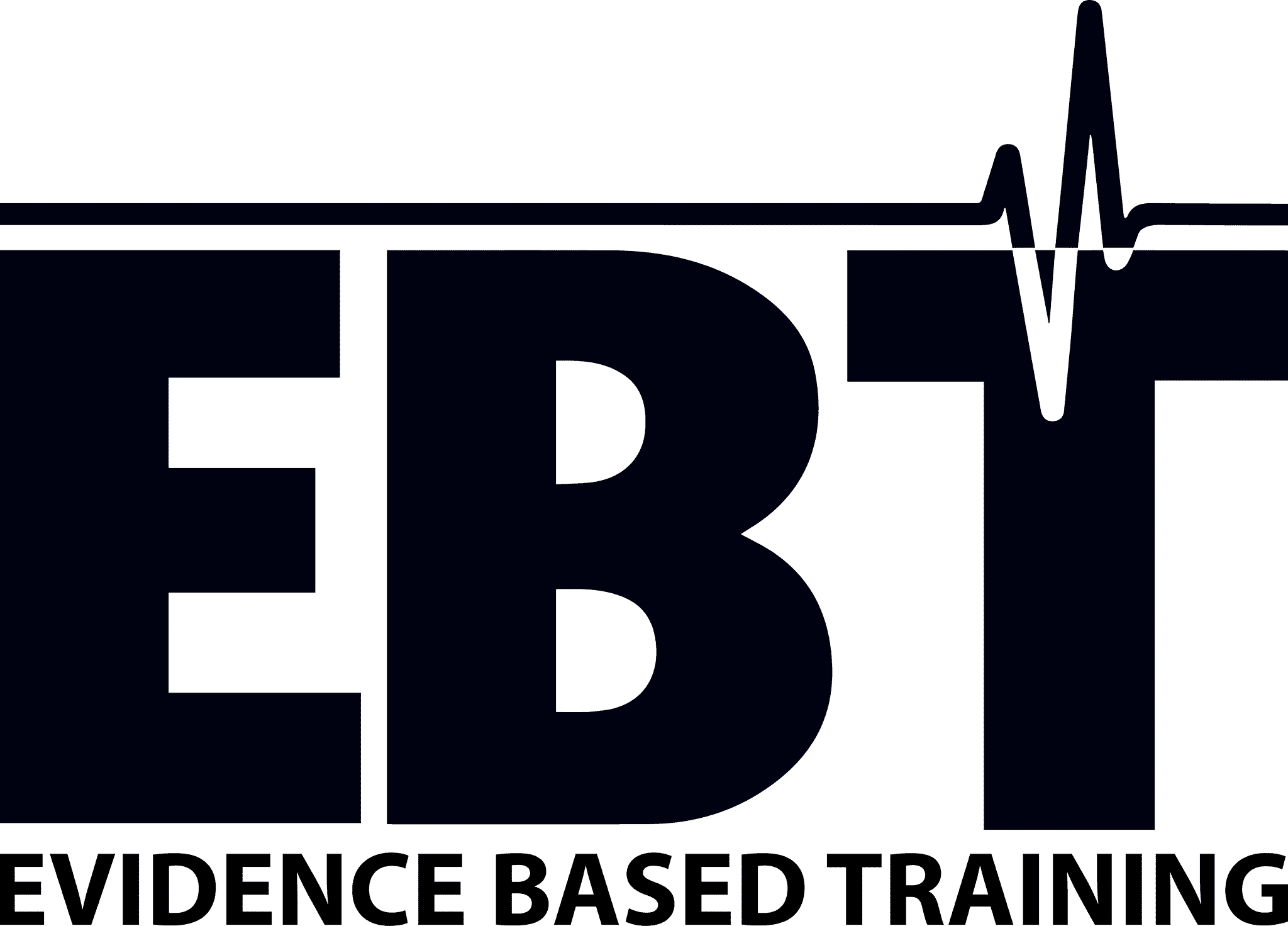Two groups of obese men either followed a 33% energy deficit diet (67% of maintenance energy) continuously for 16 weeks, or took a two-week diet break at maintenance intermittently after every two weeks of dieting (INT) for a total of 30 weeks. Despite the same energy deficit and the same total time spent in an energy deficit, a group taking two-week diet breaks after every two weeks of dieting lost ~50% more fat mass compared to a group dieting continuously for 16 weeks. However, due to the frequency of these breaks, the group performing diet breaks required 30 weeks to complete all 16 weeks of dieting. Additionally, resting energy expenditure dropped only half as much in the diet break group compared to the continuous diet group when adjusted for body composition.
This may be why the difference in groups favored the diet break group to a greater degree after a six-month follow-up, indicating diet breaks may help with the maintenance of weight loss after a diet concludes.
Diet breaks appear to reverse important physiological adaptations to an energy deficit, subsequently making the dieting period following a break more effective for fat loss. While doubling the time required to complete a diet (as was done in this study) is probably impractical, performing a diet break every 4-8 weeks versus every two weeks may be a useful strategy for physique competitors and weight class-restricted strength athletes to enhance fat loss and mitigate declines in resting energy expenditure
Article from MASS – Monthly Applications in Strength Sport. The best tool for any serious athlete or coach to stay updated on the latest fitness science and how to use it, in-depth.
As we are affiliates, EBT readers can get a free sample issue to discover how useful MASS is. A subscription comes with everything shown below and more!
Source:
Intermittent energy restriction improves weight loss efficiency in obese men: the MATADOR study. doi: 10.1038/ijo.2017.206.









